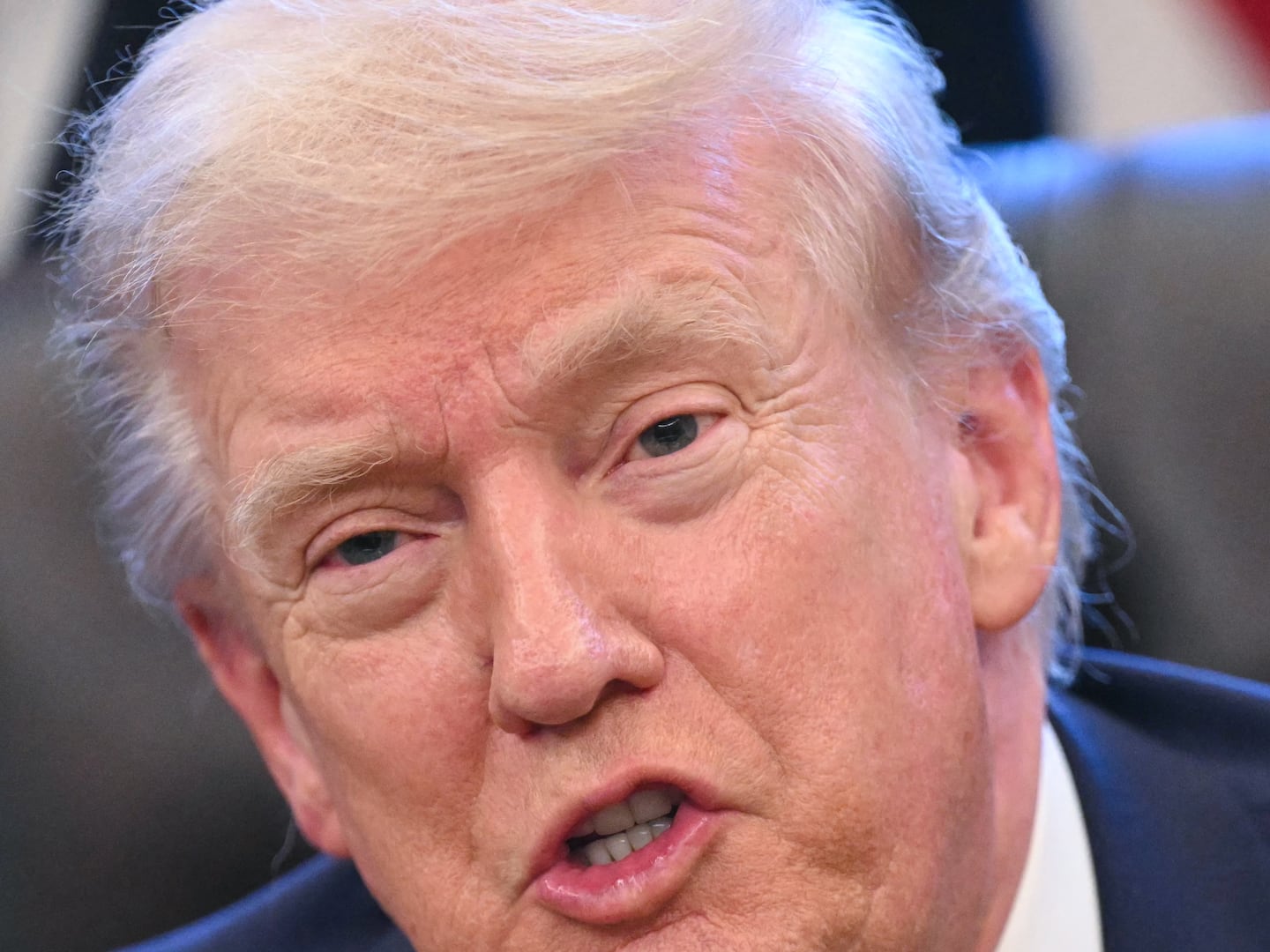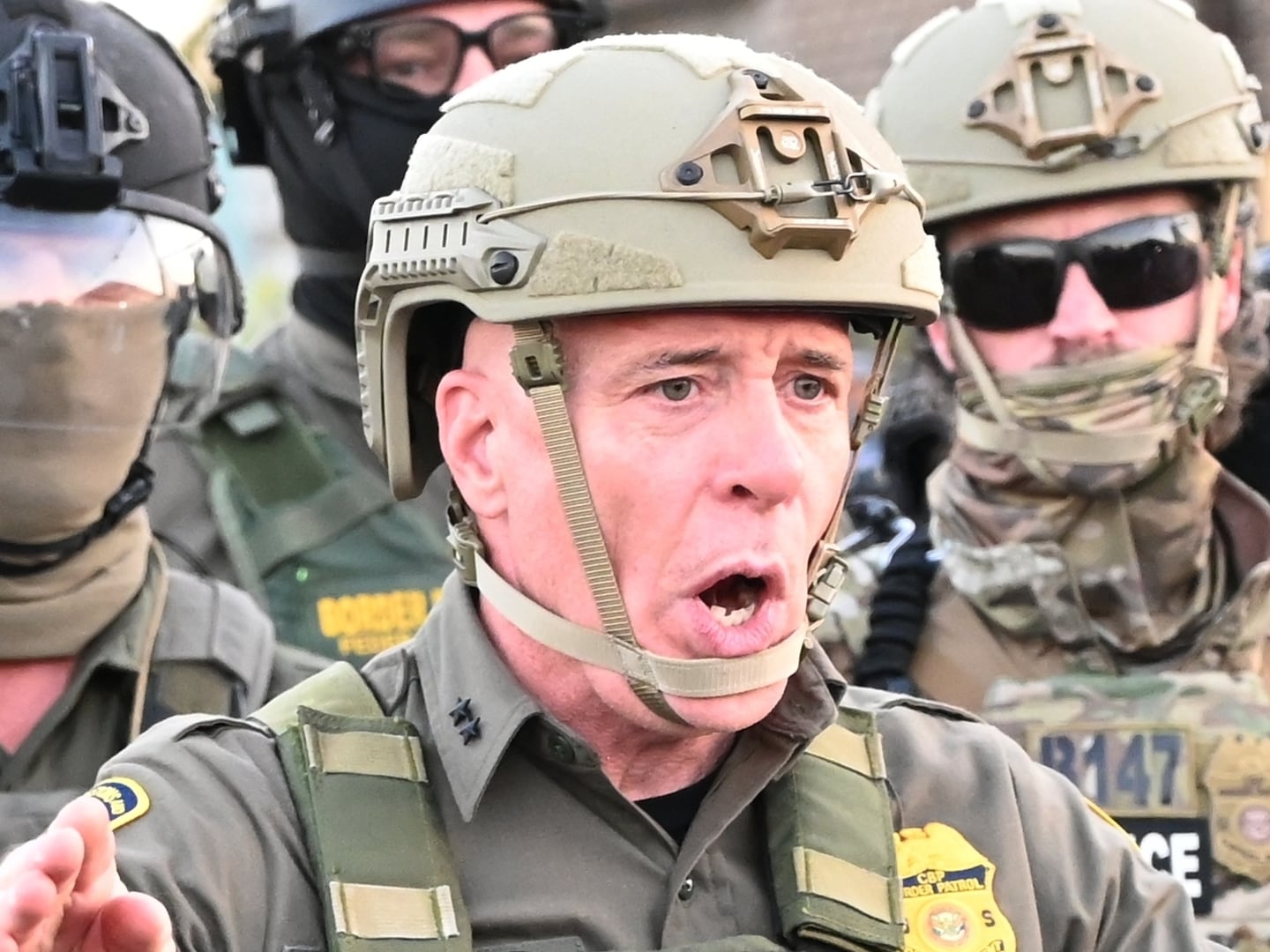With bipartisan pressure building to declassify 28 pages from a 2003 congressional report on the 9/11 attacks, House Speaker Paul Ryan became a cautious yes on Tuesday indicating through a statement from his press secretary that he is deferring to the judgment of House Intelligence Committee Chairman Devin Nunes, who after a powerful report on CBS News’ “60 Minutes,” last week put out this statement:
“The benefits of publishing this information would outweigh any potential damage to America’s national security. I encourage the administration to declassify this section of the Joint Inquiry into the 9/11 attacks.”
AshLee Strong, Ryan’s press secretary, noted in her statement that the speaker “defers to his (Chairman Nunes) judgment on whether a report from his Committee should still be classified. Ultimately, however, this is a question for the president since he makes classification decisions.”
Ryan’s less-than-ringing endorsement reflects his cautious personal style plus the tricky politics of the Middle East on Capitol Hill. As Speaker, he follows what he calls a bottom-up approach, letting committee chairs take the lead in their subject matter. Even so, it took several days and numerous media inquiries after Chairman Nunes made his statement to clarify where Ryan stood.
That’s where the multi-layered politics of the Middle East come into play, at home and abroad. In the House, 43 lawmakers (27 Democrats, 16 Republicans), who have now signed a resolution calling for declassification. Among the recent signers is New York Rep. Charlie Rangel, who confessed he has not gone to the vault on Capitol Hill where the 28 pages are kept to read them because he didn’t want the burden of keeping what he read secret.
President Obama too said in an interview he hasn’t read the pages but has a “sense” of what’s in them. A statement from September 11th Advocates, survivors and family members of those who died, said they were “horrified” to watch Obama’s public admission. The president did say that a process of review is underway at the NSA, and suggest the document is likely to be made public later this year.
Ahead of what’s likely to be a chilly trip to Saudi Arabia for President Obama, pressure is also mounting in the Senate for a narrowly tailored piece of legislation that would allow 9/11 survivors and families to sue the Saudi government for compensation. It’s called JASTA (Justice Against Sponsors of Terrorism Act), and Democratic candidates Hillary Clinton and Bernie Sanders have endorsed it even as the White House is lobbying hard against it.
Obama says it would open the door for foreign governments and individuals to sue the U.S. government, and when Speaker Ryan was asked about JASTA, he was even more cautious about the legislation than he is about the 28 pages. The conventional wisdom, such as it is in this unconventional election year, says if JASTA reaches Obama’s desk, he would veto—and it’s unlikely there would be enough votes to override his veto.
At this point, almost 15 years after the 9/11 attacks, what is the motivation for the continuing secrecy? It’s a combination of factors from protecting the administration that was in power at the time to protecting a whole web of relationships between politicians and business interests with Saudi Arabia and its royal family, which by some estimates includes as many as 6,000 Saudis that claim royal bloodlines.
Keeping those pages under wraps is also “protecting a relationship that is highly problematic but still has a great deal of value for the United States,” says Jonah Blank, a senior political scientist at the Rand Corporation. Now that U.S. dependence on oil has lessened, more lawmakers are ready to blow the whistle on the dangerous extremism that the Saudis sponsor around the world.
Since the “60 Minutes” broadcast that featured the co-chairs of the joint congressional committee that wrote the 2003 report along with several members of the 9/11 Commission from both sides of the political aisle calling for declassification of the 28 pages, the number of lawmakers willing to publicly join the cause to call out the Saudis has been steadily increasing.
After House Minority Leader Nancy Pelosi issued a statement calling for the pages to be made public, it was natural to ask where Speaker Ryan was on the issue. His office last week said he had nothing to say at the time, but left the door open. Republicans have been a bit slower than Democrats to jump on the bandwagon, and that’s partly a function of the party’s political positioning on Iran.
“It’s a fact of Middle East politics that the harder line you want to be against Saudi Arabia, the more flexible you have to be on Iran,” says Rand’s Jonah Blank.
Put more directly, politicians that oppose the nuclear deal that Obama negotiated with Iran are by default siding with the Saudis, who vehemently opposed the deal. You can’t be an uncompromising hawk against both the Saudis and the Iranians at the same time. Unless of course you’re Donald Trump and you can say ‘screw them all,’ but not if you’re a responsible player in geo-politics, which Ryan’s commendable caution suggests he is.






